Effective waste management is essential for businesses aiming to achieve sustainability and reduce their environmental impact. By implementing sustainable practices, companies can contribute to a healthier planet, realise cost savings, and enhance their reputation. Here are five sustainable practices businesses can adopt for effective waste management.
Table of Contents
1۔ Implement a Comprehensive Recycling Programme
A robust recycling programme is the cornerstone of effective waste management. Begin by conducting a thorough waste audit to identify the types and volumes of waste produced. This audit will help determine which materials can be recycled and the appropriate bins needed for separation, such as those for paper, plastics, glass, and metals.
Educating employees about the recycling programme is crucial. Regular training sessions and clear signage can help prevent contamination of recyclables. It’s also beneficial to partner with a reliable recycling service to ensure that collected materials are processed correctly and efficiently.
2۔ Reduce Waste Generation at the Source
Reducing waste at its source is one of the most effective strategies for managing waste. Businesses can achieve this by adopting practices that minimise waste production. For instance, switching to digital documentation can significantly cut down on paper waste. Encouraging double-sided printing and the reuse of office supplies, such as envelopes and folders, can also contribute to waste reduction.
In the manufacturing sector, applying lean manufacturing principles can optimise production processes and minimise waste. This might include using raw materials more efficiently, repurposing by-products, and designing products with fewer components to reduce material waste. By focusing on waste reduction at the source, businesses can lower their overall waste management costs and environmental footprint.
3۔ Engage in Trade Waste Disposal
Trade waste disposal is a critical aspect of waste management for businesses, particularly those in sectors like hospitality, retail, and manufacturing. Proper trade waste disposal ensures that commercial waste is managed in compliance with environmental regulations, reducing the risk of fines and legal issues.
To manage trade waste effectively, businesses should segregate different types of waste and use designated containers for hazardous and non-hazardous materials. Regular collection schedules and collaboration with certified waste disposal companies can help ensure that trade waste is handled safely and efficiently. Additionally, businesses can explore options for recycling and repurposing trade waste to reduce the amount sent to landfills.
4۔ Promote Reuse and Upcycling
Promoting the reuse and upcycling of materials can significantly reduce the amount of waste a business generates. Encouraging employees to reuse items such as office furniture, equipment, and packaging materials can extend the lifespan of these products and prevent them from becoming waste prematurely. Businesses can also explore opportunities to donate or sell unwanted items to other companies or organisations.
Upcycling, or creatively repurposing waste materials into new products, is another innovative way to manage waste sustainably. For example, old pallets can be turned into furniture, and glass jars can be repurposed as storage containers. By fostering a culture of reuse and upcycling, businesses can reduce their reliance on new materials and minimise their environmental impact.
5۔ Partner with Sustainable Suppliers
Working with suppliers who prioritise sustainability can help businesses manage their waste more effectively. Sustainable suppliers often use eco-friendly materials, adopt green manufacturing practices, and offer products that are easier to recycle or biodegrade. By choosing such suppliers, businesses can reduce the amount of waste they generate and support the broader goal of environmental sustainability.
It’s also beneficial for businesses to collaborate with suppliers on waste reduction initiatives. For example, suppliers can take back packaging for reuse or recycling, or provide bulk purchasing options to reduce packaging waste. Building strong relationships with sustainable suppliers can enhance a business’s overall sustainability efforts and contribute to a more circular economy.
In summary, implementing a comprehensive recycling programme, reducing waste generation at the source, engaging in trade waste disposal, promoting reuse and upcycling, and partnering with sustainable suppliers are all effective strategies for managing waste sustainably in businesses. By adopting these practices, companies can improve their environmental performance, reduce costs, and enhance their reputation as responsible corporate citizens.




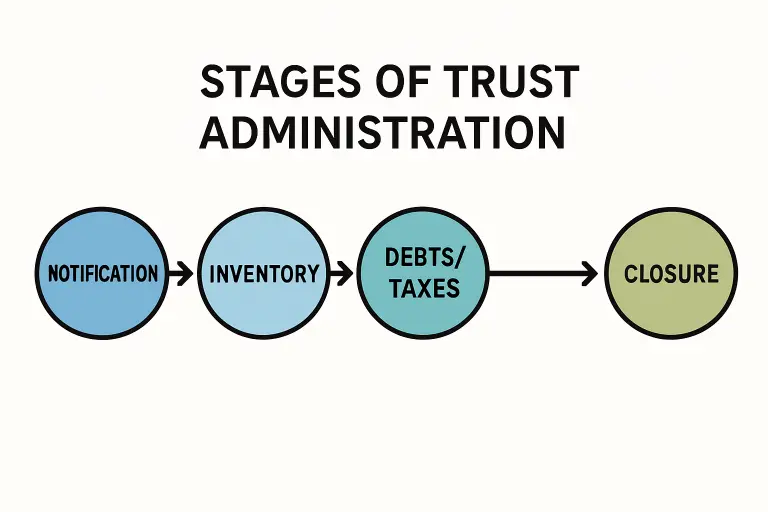


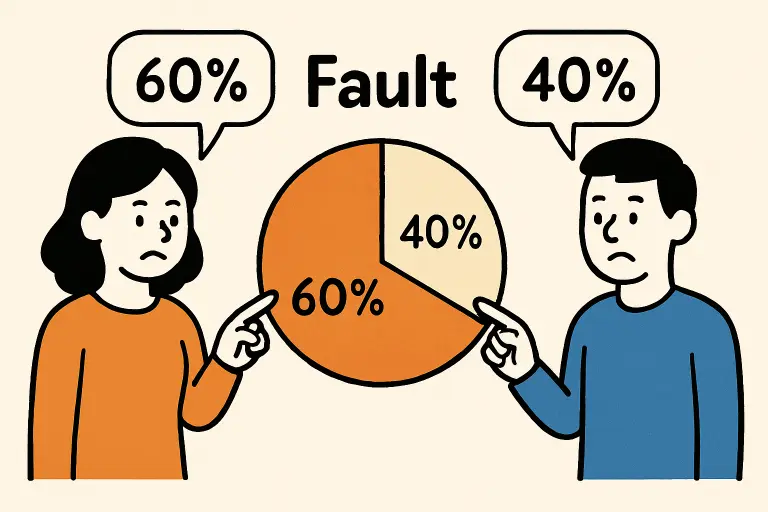












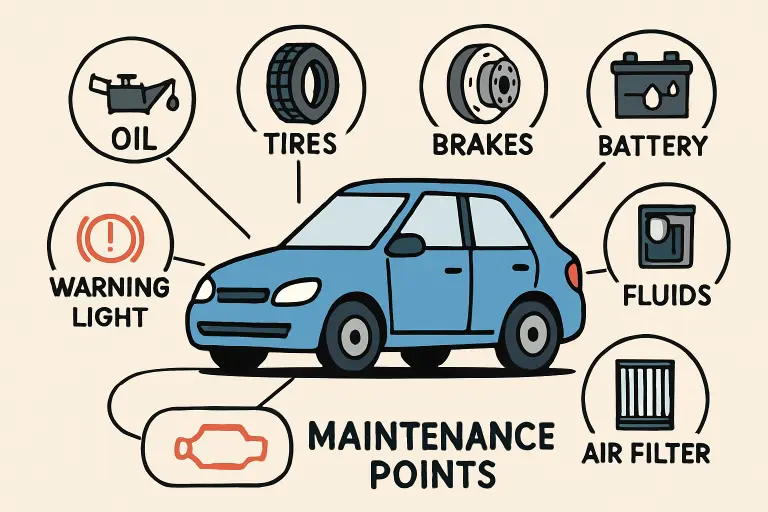











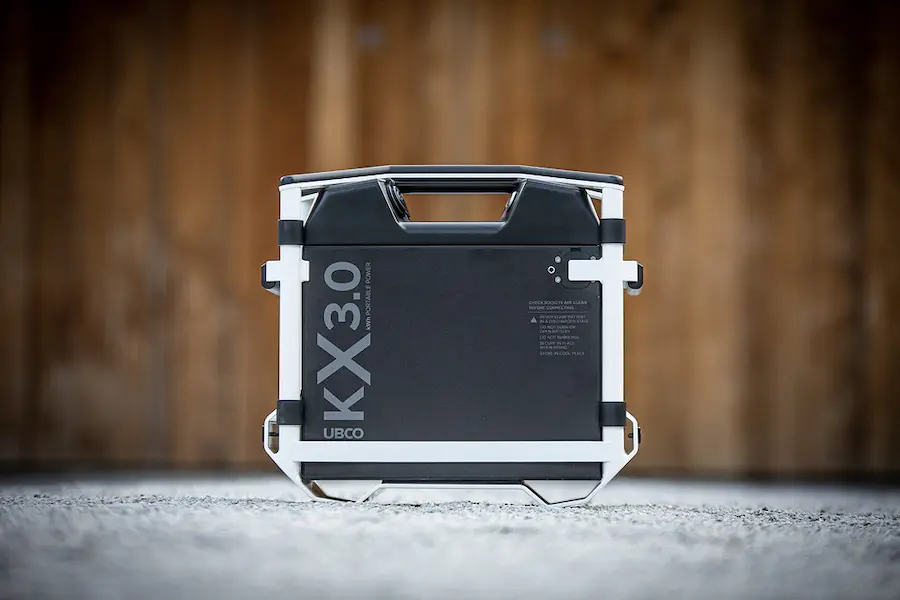









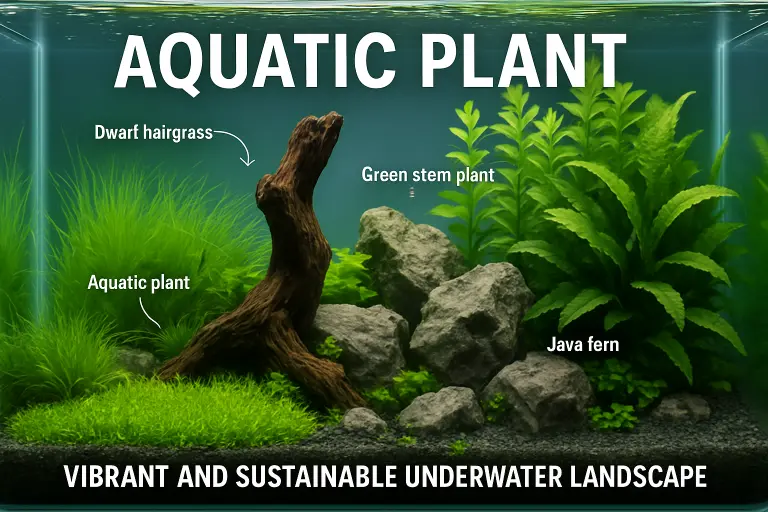




















































































































































































































































































































































































































































































































































































































































































































































































































































































































































































































































































































































































































0